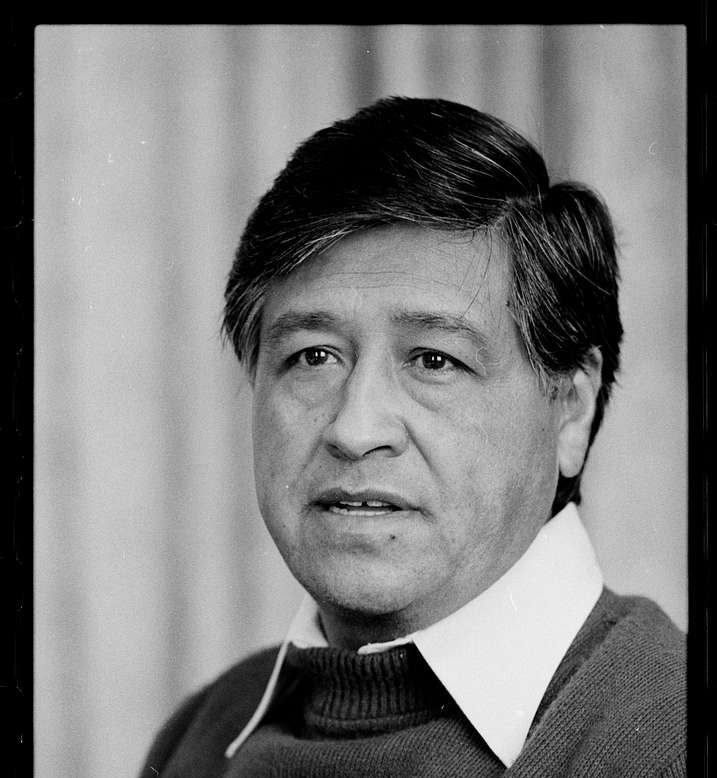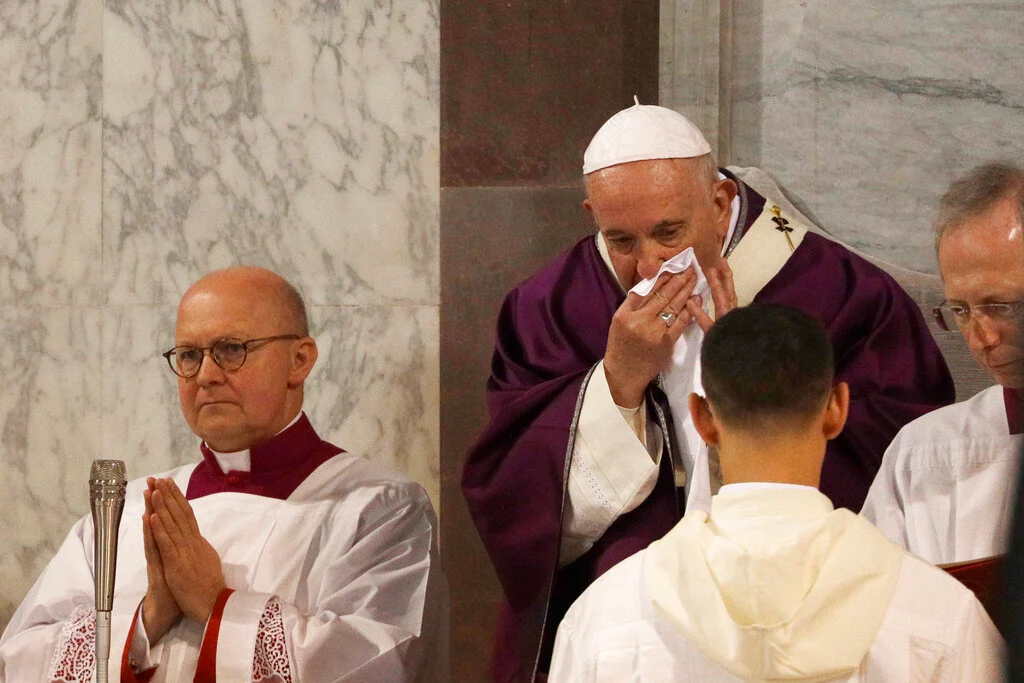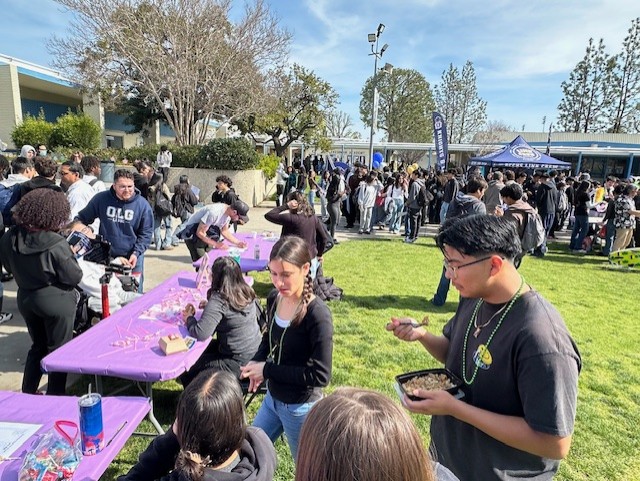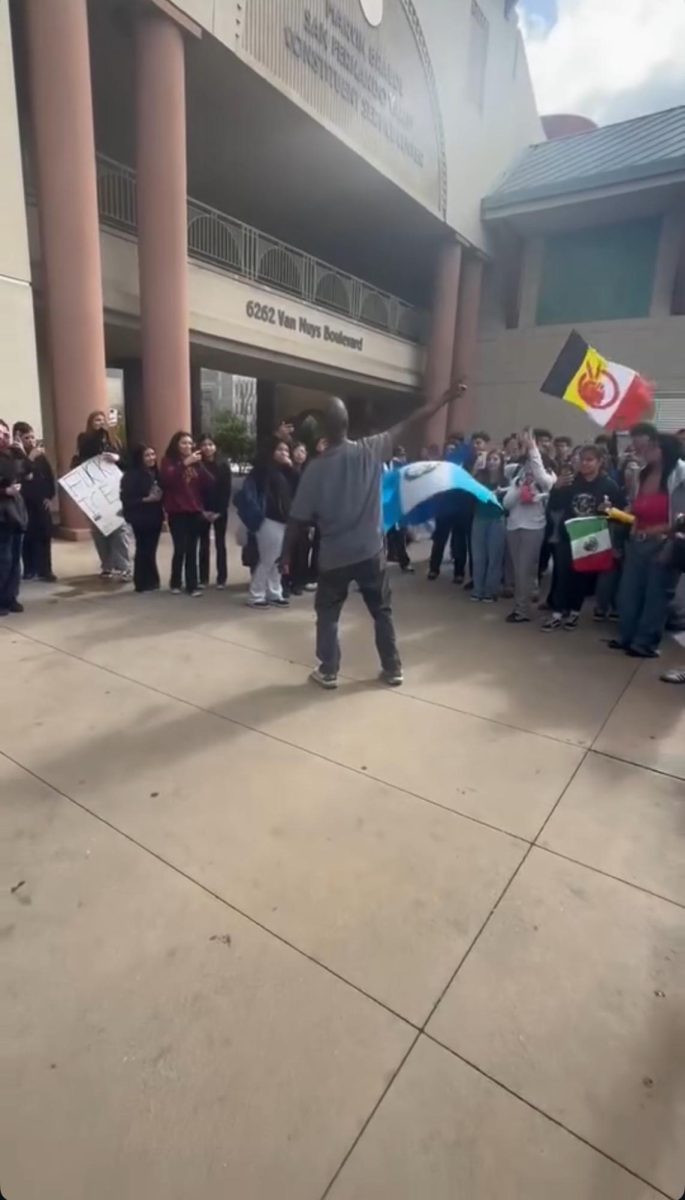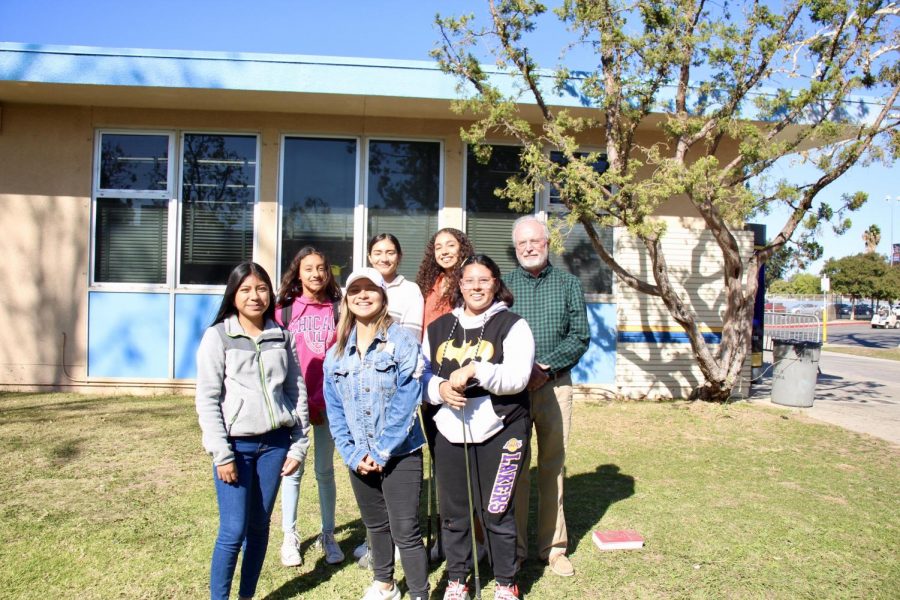César Chávez was a pivotal figure in the American labor movement, particularly known for his relentless advocacy for the rights of farmworkers. Born on March 31, 1927, in Yuma, Arizona, Chávez’s early life was marked by the struggles of his family, who became migrant farmworkers after losing their land during the Great Depression. This background instilled in him a deep understanding of the hardships faced by agricultural laborers, including low wages, poor working conditions, and a lack of basic rights.
In 1962, Chávez co-founded the National Farm Workers Association (NFWA) with Dolores Huerta, which later merged with the Agricultural Workers Organizing Committee to form the United Farm Workers (UFW). His leadership was characterized by nonviolent tactics, heavily influenced by the principles of Mahatma Gandhi and Dr. Martin Luther King Jr. Chávez organized several major strikes, most notably the Delano Grape Strike in 1965. This began in 1965 and lasted for more than five years, ending in 1970. This strike not only highlighted the plight of farmworkers, but also galvanized public support through a nationwide boycott of non-union grapes.
Chávez’s commitment to nonviolence and grassroots community organizing helped to raise awareness and ultimately led to improved working conditions and wages for many farmworkers. His efforts played a key role in securing the first union contracts for farm laborers in the United States.
Chávez’s legacy extends beyond labor rights, and he became a symbol of social justice and advocacy for marginalized communities. His work emphasized the importance of collective action, solidarity, and empowerment among workers. After his passing on April 23, 1993, Chávez was posthumously awarded the Presidential Medal of Freedom in 1994 and received numerous other recognitions. His life continues to inspire movements for social justice, immigrant rights, and workers’ rights today.
California celebrates César Chávez on March 31st to honor his legacy as a civil rights leader and labor activist. This day serves as a reminder of his contributions to social justice and equality.
Many schools across the U.S. celebrate César Chávez Day by including his legacy in their lessons and activities. Schools in states like California, Arizona, Texas, and New Mexico often hold special events on March 31st. Some schools are named after him to honor his contributions and raise awareness about social justice.

